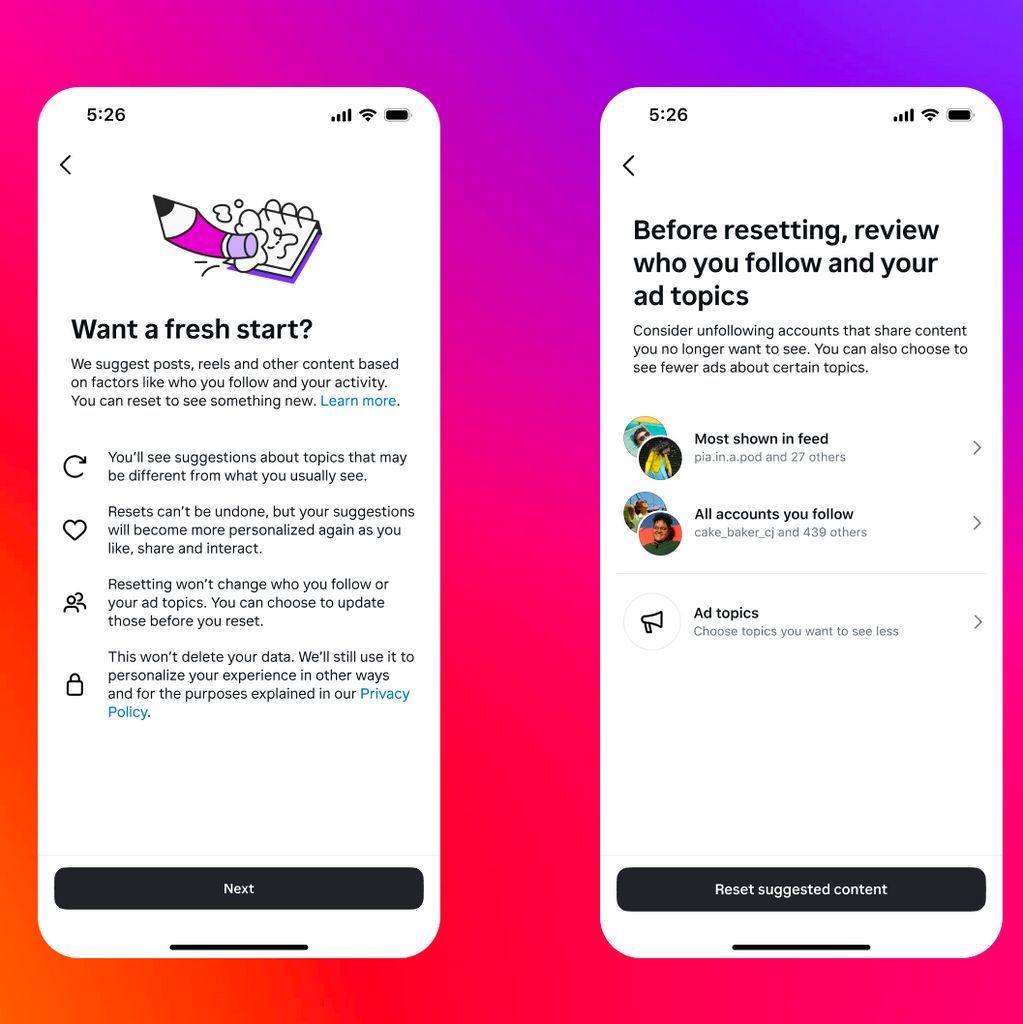

Pic: Midjourney
Editors' Note: Many Fast News images are stylised illustrations generated by Dall-E. Photorealism is not intended. View as early and evolving AI art!

AI's swift advance,
Trust and training hold the key,
Marketers must dance.

Partner Op-Ed: In the age of generative AI, what should a CMO know and do?
By Leandro Perez, Senior Vice President and CMO APAC, Salesforce
Generative AI is changing what it means to be a marketer – from frontline teams all the way to the C-Suite. Are Australian marketers ready for the right now, and for what’s to come?
Ever since OpenAI launched ChatGPT late last year, generative AI has been taking the world by storm, and the world of marketing is no exception.
The pace of change has been so rapid that many marketers were left flat-footed, scrambling to keep up before the race had even begun. If generative AI can evolve this fast, what does it mean for our profession? How do CMOs ensure the teams we’re leading, and the businesses we work in, aren’t left behind?
Some marketers aren’t fully prepared for the AI revolution
In some respects, marketers are already lagging when it comes to using generative AI.
Earlier this year, research from YouGov found that 90 per cent of Australian workers are using generative AI in daily work tasks, with 82 per cent saying the technology made them more productive in the workplace.
But if we narrow our focus to just marketing professionals, we see a different story – the proportion of marketers using generative AI tools is only 71 per cent, according to a recent report commissioned by Salesforce.
Seventy-one per cent might sound like a big number, but I know from speaking to marketers across APAC that – even among the early adopters of generative AI – the use cases aren’t sophisticated enough, and importantly, many aren’t fully ready to trust generative AI yet. This, I find very revealing.
Interestingly, marketers who do use generative AI technology say it has transformed how they analyse data, personalise messaging content, build campaigns and optimise SEO strategy.
Which raises two questions – if you’re in the group that has not yet embraced generative AI in your work, what’s holding you back? And if generative AI really can perform all those tasks, what is the role of the human marketer?
Wild West of AI: Keeping trust in the saddle
One of the barriers to the adoption of these cutting-edge tools is caution around privacy and data security. These concerns are well founded. Unless you’re using trusted tools and tech architecture, your data – and your customers’ data – could be at risk.
In fact, only 17 per cent of those Australian workers surveyed by YouGov said they have received comprehensive training on how to use generative AI safely from their employers, and 24 per cent have admitted to using a generative AI platform banned by their employers.
CMOs, and the marketing teams they lead, are their company’s growth engine – the cutting-edge customer experiences of the future rely on it. But we also need to ensure that our teams can use AI safely and ethically.
At Salesforce, we have incorporated ethical guardrails and guidelines into every facet of our AI development over the last ten years. The tools we have created – and use in our own marketing activities – are built on the Einstein Trust Layer, which protects our customers’ information by using a zero-data-retention policy. This means that no customer information, prompts, or other marketing data is retained by the large language model (LLM) we use for generative AI.
And most importantly, we are entering this transformation with our eyes open, asking the important questions about AI. Questions of trust, data privacy, security, bias, and more.
Our focus on AI isn’t about rushing into the next “flavour of the season” either. In 2014, Salesforce Chair, CEO, and Co-Founder Marc Benioff made the declaration at an internal company all-hands that “Salesforce will become an AI-first company.”
The goal was to transform Salesforce into an ‘intelligent’ CRM, making it easy for every company and employee to harness the power of AI – fast forward to today, and Salesforce Einstein is making more than a trillion predictions every week.
The foundation of all that innovation is trust.
Use AI to augment – not replace – the power of human creativity
To be effective marketers of the future, your teams will need to be given the right tools that they can trust to leverage safe, ethical AI in their work.
But AI can only do so much – just like any other tool, it needs to be used with intent and intelligence. You’ll need to equip your teams with the skills that will allow them to take full advantage of these incredible new technologies.
The skills of the future marketing professional will look very different to those we used to expect in the past. Our day-to-day work is going to move away from ‘doing’ and pivot to ‘thinking’ – Gartner expects that by 2025, organisations that use AI will shift three quarters of their marketing operations from production to more strategic activities.
And businesses and leaders need every resource they can get to be prepared. This is where Salesforce’s definitive AI Strategy Guide for business leaders can come in handy.
Our role as CMOs, then, is to pass on these critical, creative, and strategic thinking skills that are our bread and butter, and embody an attitude of constant learning.
By augmenting the power of trusted AI with human sensitivity, reasoning, and empathy, CMOs and their teams will be the growth powerhouses driving their businesses into the future.










